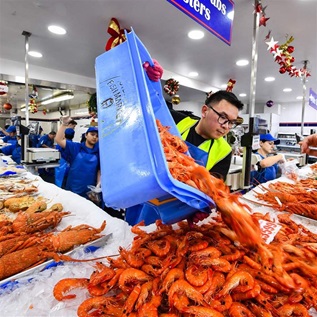Vast Majority of Americans Believe Protecting Wilderness is Important
Nearly nine in ten Americans believe that protecting public land as part of the National Wilderness Preservation System is important, according to a new Zogby International poll of 1039 likely voters across the country. These voters view as “very important” (57 percent) or “somewhat important” (30 percent) the protection of publicly owned land as wilderness, leaving it just as it is. The support cuts across political parties, regions, age groups, and ethnic and religious backgrounds. Twelve percent said it was not important to protect the nation's wilderness.
When likely voters were asked whether they would vote for a presidential candidate who strongly supported wilderness protection of public lands, 71 percent said they were “likely” to do so. Less than two in ten (19 percent) said they were “not likely to.” A clear majority of Democrats (93 percent), Republicans (81 percent) and those who identified themselves as Independents (88 percent) say they think protecting public land as part of the National Wilderness Preservation System is important to them.
“What this polling confirms is that support for protecting public land as part of the National Wilderness Preservation System is broad and deep across every region of the country,” said Mike Matz, executive director of the Campaign for America's Wilderness, a public-interest organization that commissioned the poll. “Americans understand that some places are irreplaceable and their value for wildlife habitat, importance for clean air and water, and opportunity as recreation sites are too important to sacrifice to development.”
A Zogby International poll of 1001 likely voters across the country in 2003 found that a strong majority (65 percent) of Americans favor designating more land as wilderness in their own state, support that also cut across party lines.
Congress is currently considering more than a dozen wilderness bills which could yet be enacted this year, adding a significant amount of permanently protected land to the National Wilderness Preservation System – from Oregon to Idaho to West Virginia.
These new wilderness questions were asked as part of a Zogby International omnibus telephone poll of 1039 likely voters conducted from July 9-13, 2008, when gas prices averaged $4.10 a gallon nationally. The margin of error was +/- 3.1 percent. For methodology, contact: Zogby International's Fritz Wenzel, 315-624-0200 ext. 229, or 419-205-0287.











